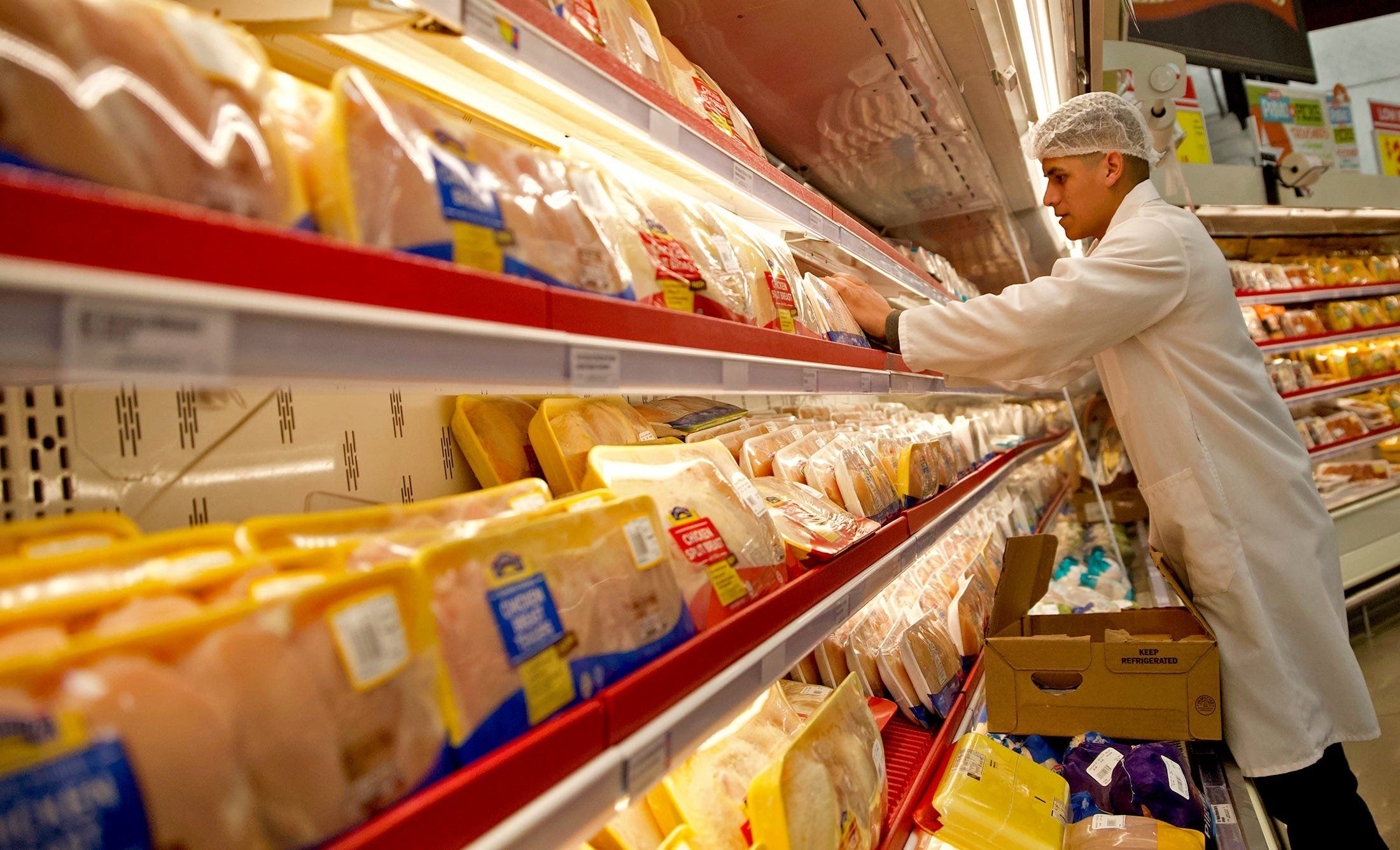We've written recently about how the COVID-19 pandemic will hit poorer countries particularly hard. But the burden of the virus' spread also falls more heavily on working class people even in wealthy countries, particularly in Europe and the United States. This is exacerbating the divide between rich and poor that had already upended the political establishment in countries around the world even before anyone had heard of a "novel coronavirus."
Why?
The working class is more vulnerable to COVID-19 infection and less likely to get medical care.
- In both rich countries and poor, working class people often live in densely populated cities where infectious disease can spread more quickly and easily.
- The types of jobs they hold leave them less able to work from home. If they don't work, they don't get paid. In that case, they can't pay bills and feed their families.
- If they do work, as many are still trying to do, they're more likely to be exposed to COVID-19, both on the way to work and at the job site itself, than people who can work from home.
- Those with the least income, particularly in the United States, are less able to afford medical care, leaving many COVID-19 cases untreated. Lack of treatment helps spread the disease to the people they have contact with.
- An eventual vaccine may be too expensive, at least at first, for the poorest people to afford.
The working class will take longest to recover from COVID's economic fallout.
- Poorer people so ill they must be treated may later find themselves burdened with heavy medical debt.
- Lost jobs that employ working class people will be slower to return, because people generally will remain reluctant to enter the markets, factories, public transport, restaurants and other public places where they work — possibly for many months.
- Combine heavy debt with lost jobs, and many working-class people will have little access to cash or credit for years to come.
The Political Impact:The anti-establishment politics created by inequality in recent years will intensify.Over the past five years, public anger at traditional political elites has upended politics in Britain, the United States, France, Germany, Italy, Mexico, Brazil, Ukraine, Ireland, and other countries.
That anger is driven in part by suspicion that political establishments in these countries aren't willing and/or able to meet the needs of those who've benefited the least from globalization and technological change over the past generation.
For all the reasons detailed above, the ongoing global pandemic is likely to stoke that anger even further.
And as we've seen over the past several years, the political consequences can be profound and impossible to predict.
